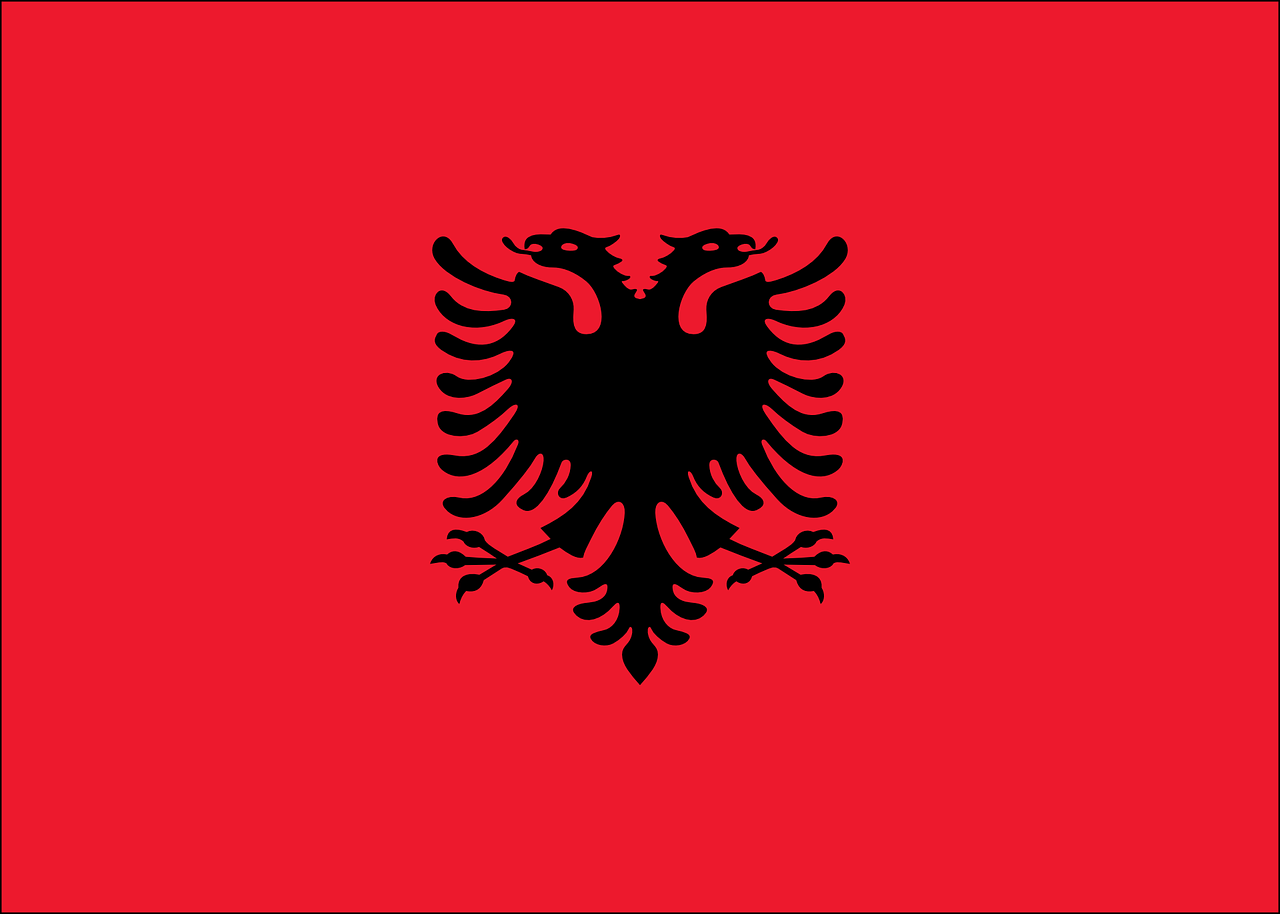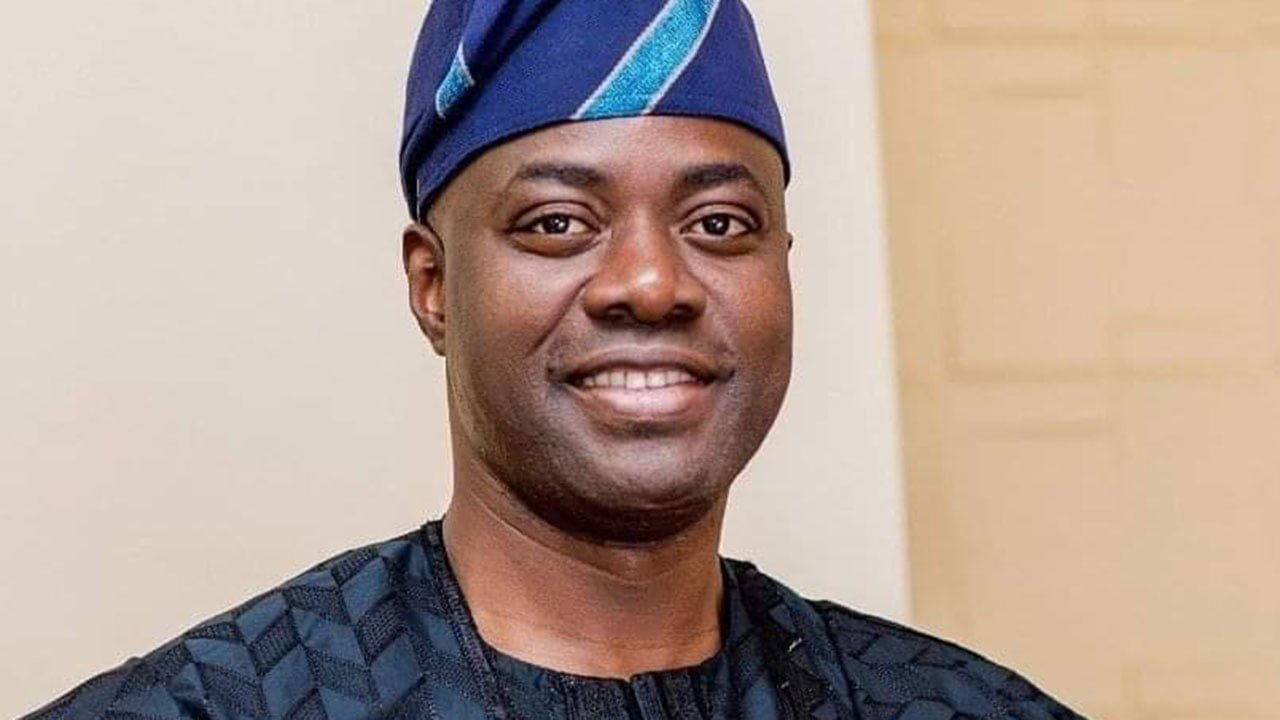Albania’s decision to appoint an AI “minister,” named Diella, to fight corruption in public procurement is being dismissed by critics as a political stunt and desperate attempt to solve a deeply entrenched problem with a radical solution.
The harsh critics are coming after Prime Minister Edi Rama’s theatrical announcement that the human-led governance has failed to root out systemic graft. By putting an emotionless, tireless algorithm in charge of public tenders, Albania is effectively declaring that when it comes to corruption, a machine can be trusted more than a person.
The AI Cure: A Promise with Peril
The logic behind the “appointment” is simple yet brilliant in its cynicism: an AI can’t take a bribe, be blackmailed, or show favoritism. Diella’s role is to scrutinize all public tenders in Albania, ensuring they are “100% corruption-free.”

This move is in direct response to a serious problem, as corruption in public contracts has long hindered Albania’s progress toward European Union accession. The EU has made it clear that tackling this issue is a key precondition for the country to join the bloc. So, while it may be a publicity stunt, it’s a strategically motivated one, geared towards proving to Brussels that Albania is serious about reform.
However, this reliance on AI is a double-edged sword. While a machine can’t be bribed, it can be manipulated. The key to the system’s success lies in its programming and the data it’s fed. If the AI is built on a flawed or biased dataset, or if its algorithms can be reverse-engineered by malicious actors, the system itself could be compromised.
The lack of transparency around human oversight of Diella’s decisions is the single biggest point of concern. A powerful, unscrutinized AI minister could become a tool for new, more sophisticated forms of graft.
Possible Solutions to End Corruption in Albania
While Diella’s appointment is a bold step, it is only part of the solution. For this to be a true anti-corruption measure and not just political theatrics, the following must happen. Thee government must establish an independent, publicly-accessible audit system to monitor and verify Diella’s decisions and algorithms. This would ensure transparency and build public trust.
Furthermore, there must be clear legal and constitutional reforms to formally define the role and authority of an AI in governance, addressing the concerns of the opposition.
The country also needs to invest in a cultural shift that goes beyond technology. True change will only come when public officials, and the public itself, believe that corruption is not a part of business as usual. Diella can be a powerful tool, but it cannot be the only solution.













